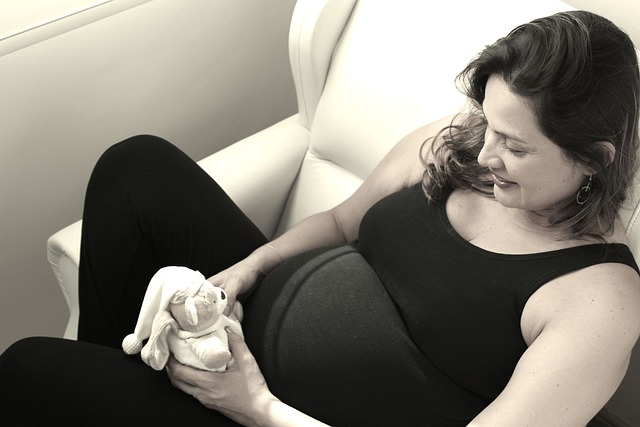At the 2015 Pacific Coast Reproductive Society (PCRS) meeting, researchers shared some intriguing findings regarding Intracytoplasmic Sperm Injection (ICSI), a technique introduced in 1992 where a single sperm is injected directly into an egg. Initially, there were concerns that ICSI might increase the risk of aneuploidy, which is when embryos have an abnormal number of chromosomes, leading to challenges like miscarriages or conditions like Down syndrome.
ICSI is primarily utilized in cases of male infertility, certain female factors, and previous fertilization issues during IVF. Despite earlier studies hinting at a potential link between ICSI and increased aneuploidy, the reasons behind this remained uncertain. Was it the selection of sperm or the procedure itself? To clarify, a study was conducted that analyzed 3,306 embryos at Oregon Reproductive Medicine in Portland, focusing on various groups including those undergoing standard IVF and those with different male factor infertility levels.
The results revealed that while advanced maternal age was a significant factor for aneuploidy, when adjusting for age, there was no notable difference in aneuploidy rates across the treatment groups. Interestingly, the study found that while the rate of aneuploidy was higher in cases of severe male factor infertility, it was primarily related to sex chromosomes, which generally have milder implications than autosomal aneuploidy. Thus, the conclusion was that ICSI appears to be safe, although they recommend comprehensive chromosome screening (CCS) to select euploid embryos for transfer, especially in men with severe infertility issues.
For more insights on starting your journey to conception, check out this post on 10 insights I wish I had before starting my TTC journey. Also, consider exploring options like fertility supplements to enhance your chances of success. If you’re looking for more information on infertility and its challenges, Women’s Health provides excellent resources.
In summary, the latest findings from PCRS 2015 suggest that ICSI does not significantly increase the risk of aneuploidy when controlling for maternal age. This is reassuring news for those considering this fertility treatment.

